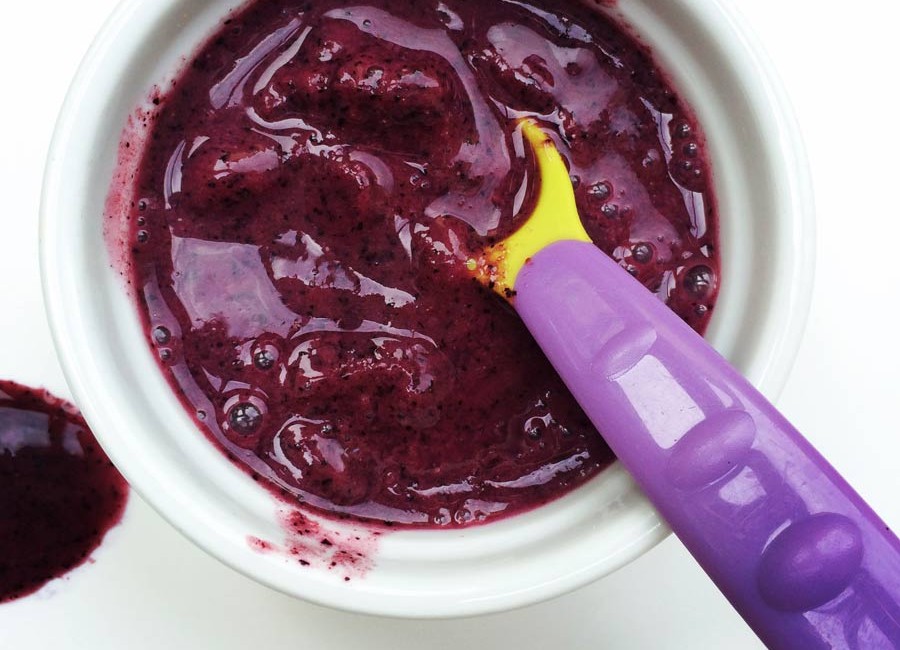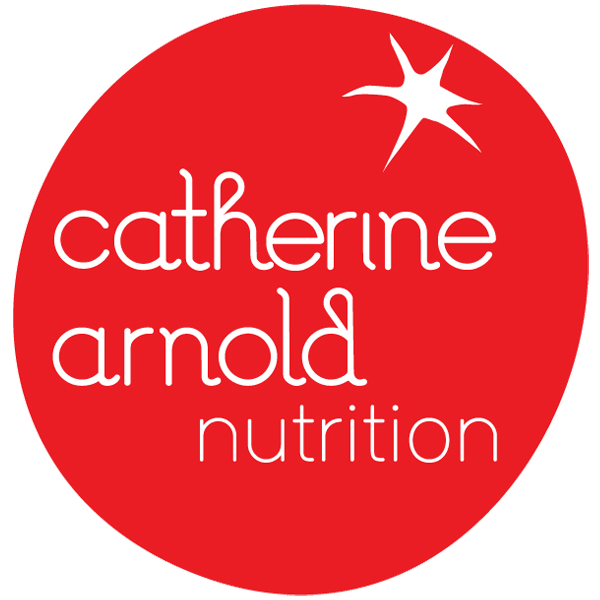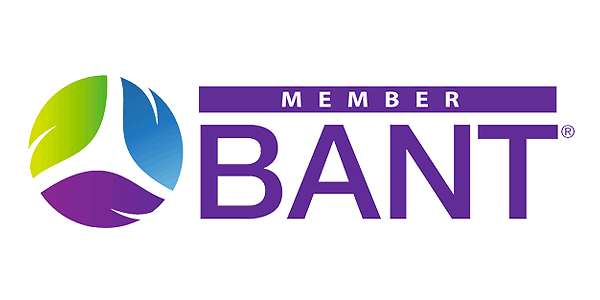
At around 6 months old we start to give our babies their first tastes of solid food, a process called weaning. With my first child, I remember being excited and also nervous about this stage, I was most concerned about what to give her, how much to give and when to give it to her. I found there was very little practical information available at the time and I felt lost as to where to start.
With baby number 2, I had quite a different, less stressful experience, maybe that was because I had done it before, or because I was more knowledgable about nutrition having qualified as a nutritional therapist, or just because each child is different and my boy is a hungry little thing and eats pretty much anything!
I believe if you introduce your children to a healthy way of eating from the start then good habits and a good palate will carry them through childhood and beyond. The most important thing is to keep introducing new tastes and include lots of variety in their diet so they get used to trying new things rather than eating the same things every day.
Here are five things I wish I had known about weaning first time round:
-
Don’t give them grains as their first food! I know the advice is to give them baby rice, but this product is basically ground up white rice. White rice has had the brown husk containing most of the nutrients removed so baby rice will often have synthetic nutrients added into it. At the end of the day it’s a processed product and as such, probably not the best option for your baby’s first food. Instead, start them on root vegetables such as sweet potato and carrots, which are easy to digest, full of vitamins and minerals and taste delicious.
-
Try to wait for 1 year or more before you introduce bread and even then, don’t give them bread for every meal and snack. Avoid breadsticks or supermarket bread which are very highly processed and low in nutrients. Instead, sweet potato chips steamed or cooked in coconut oil make great finger food, as do avocado and banana, broccoli and other soft vegetables.
-
Although dairy products (milk, butter, cheese and yoghurt) can be nutritious, too much of it can cause allergies and other inflammatory illnesses. If you do include dairy in your child’s diet, find a registered supplier of raw milk, cheese and butter which have not been pasteurised and therefore retain valuable enzymes and bacteria to aid digestion. Second best to that is organic dairy products. Most kids fruit yoghurts are high in sugar, instead of these try natural probiotic yoghurt (or make your own) and add mashed fruit into it.
-
Aim to introduce protein around 7 months old. Eggs are a wonderfully nutritious food to give, but initially only introduce the yolk, followed by the white about 2 weeks later. If they don’t experience any reactions such as rash, diarrhoea or wind, then they are probably ok to continue with the whole egg.
-
Don’t be put off giving your child a particular food if they spit it out or refuse it first time. It can take up to 10 tastes of a food before we like it, so don’t give up!
I am available for weaning workshops (minimum four people) and for one to one weaning and new mum nutritional consultations. Please get in touch for more information.




